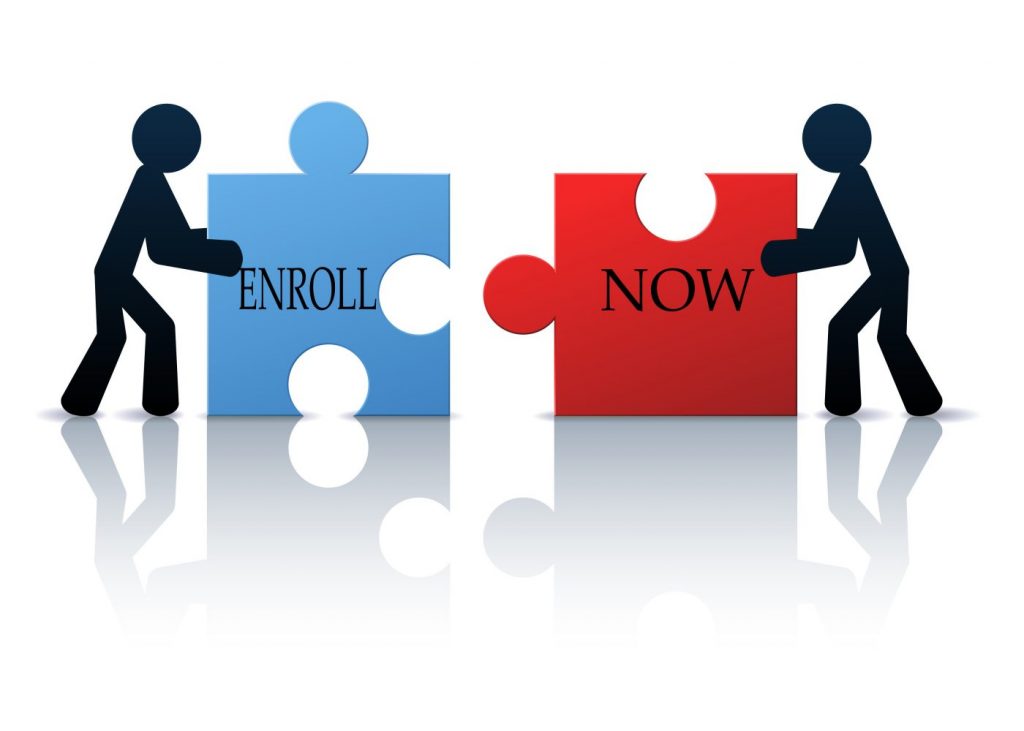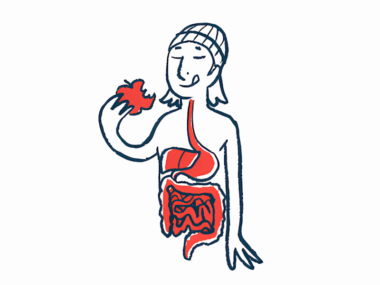App-Based Study Launched to Gain Better Understanding of Myasthenia Gravis
Written by |

UCB Biopharma and doc.ai have launched a digital trial aimed at improving the speed and accuracy of diagnosis and predicting symptom flares in myasthenia gravis (MG) patients by recognizing vocal and facial patterns.
The app-based trial, which is currently enrolling, uses participants’ smartphones to record vocal and facial features. These will then be used to create an artificial intelligence (AI) algorithm that will correlate biomarker signatures with clinical symptoms in an effort to help researchers better understand MG and develop more effective treatments.
“This research is the first of its kind,” Walter De Brouwer, chief scientific officer of doc.ai, said in a press release. “Our AI technologies will create a much more consistent and precise reading of the symptoms more frequently than previously possible with human observation.”
MG is a rare and often underdiagnosed neuromuscular disorder. Widely varying symptoms complicate the process of making early and accurate diagnoses. Also, how symptoms occur over time is still not well understood.
Over the course of the three-month study, volunteers will take a daily survey, make twice-weekly video and audio recordings, and maintain a weekly video journal. Investigators estimate that the daily time commitment amounts to between 15 and 35 minutes.
All data fed to the app goes toward training an AI model to detect facial muscle weakness leading to visual changes and vocal muscle weakness causing hoarseness.
The app also connects patients to more health information, such as exercise and diet, and may enable users to track their disease progression. According to the companies, this should allow patients to make more informed choices regarding when to rest and stretch. Such information is particularly important to people living with MG, as poorly timed exertion can lead to severe clinical worsening.
Those interested in participating in the trial can fill out a questionnaire here to determine their eligibility. Eligible volunteers must have eyelid drooping and vocal symptoms, be older than 18, and live in the U.S. for the duration of the study. They must also be able to read and write in English.
“We’re in a digital age where anyone with a smartphone can be a researcher and we’re partnering with UCB to leverage this capability to help people suffering from myasthenia gravis,” said Nirav R. Shah, MD, chief medical officer at doc.ai. “With this trial, we have the potential to help speed up diagnosis and predict symptom flares, so that those with the disease can get care when it’s most crucial.”
In addition to MG, doc.ai has launched app-based studies of several other conditions, including COVID-19, epilepsy, inflammatory bowel disease, and congestive heart failure.






Leave a comment
Fill in the required fields to post. Your email address will not be published.